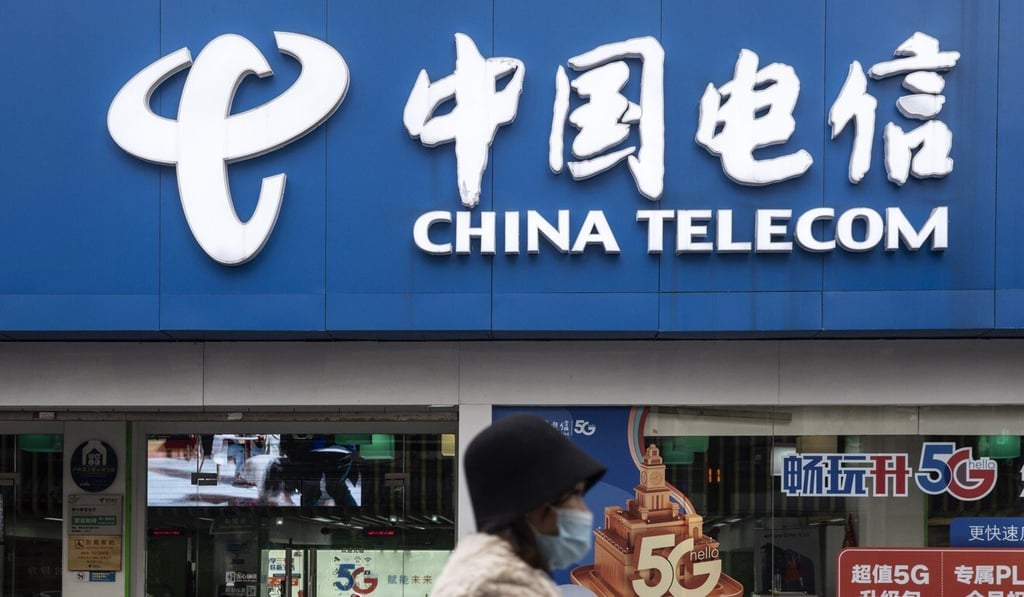Advertisement
NYSE reverses course again with plan to delist Chinese telecoms firms
- This is the second reversal since December 31 when the exchange announced its plan to delist the three Chinese companies
- The decision is based on guidance the ‘Department of Treasury’s Office of Foreign Assets Control provided to the NYSE’
Reading Time:2 minutes
Why you can trust SCMP
10

Jodi Xu Kleinin New York
The New York Stock Exchange (NYSE) on Wednesday said it is moving forward to delist three Chinese telecommunications carriers again less than two days after it halted that plan.
The decision is based on “new specific guidance received on Jan. 5, 2021, that the Department of Treasury’s Office of Foreign Assets Control provided to the NYSE,” the exchange said in a statement Wednesday. “The issuers have a right to a review of this determination.”
This was the second reversal since December 31 when the exchange announced its plan to delist the three Chinese companies. Late Monday, the exchange walked back on that plan saying the companies would continue to be listed.
Advertisement
American investors, if the delistings are completed, will be prohibited from buying new securities in these three companies starting January 11.

Advertisement
The American depositary shares (ADSs) of China Telecom fell by as much as 4.1 per cent to US$27.18, while China Mobile declined by 4.2 per cent to US$28.11 and China Unicom (Hong Kong) retreated by 3.9 per cent to US$5.91 Wednesday in New York.
Prices in the ADSs of the companies fluctuated in the past week as the delisting decisions flip-flopped, swinging up and down following each change.
Advertisement
Select Voice
Select Speed
1.00x